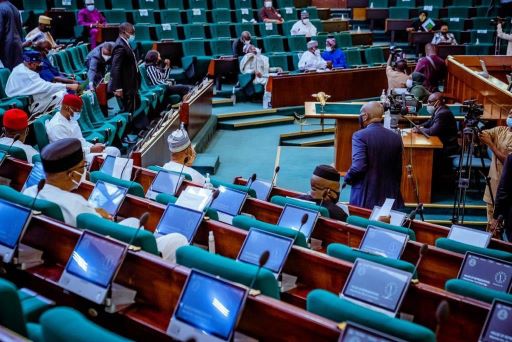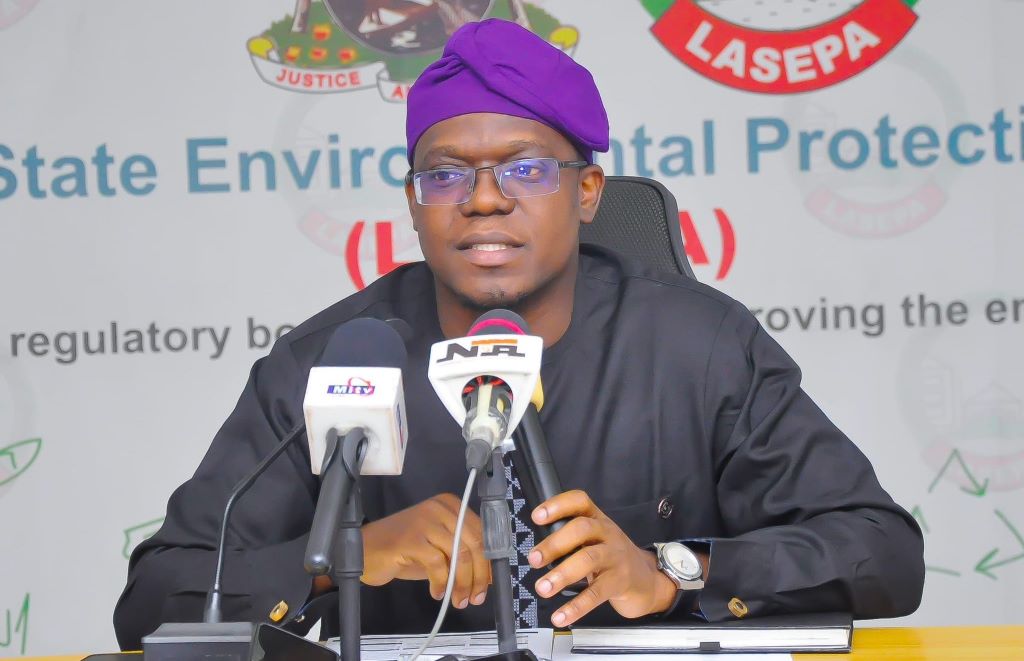The House of Representatives has moved to overhaul Nigeria’s electoral process with a new bill proposing a single day for all five general elections in 2027.
If passed, this law will empower the Independent National Electoral Commission (INEC) to conduct the presidential, governorship, senatorial, House of Representatives, and State House of Assembly elections simultaneously.
The proposed legislation, titled Electoral Act 2025, has passed its second reading and seeks to replace the current Electoral Act of 2022.
₦50m to Register a Political Party
The bill, sponsored by Hon. Bayo Balogun (APC, Lagos), mandates political associations to pay a whopping ₦50 million before applying for registration.
It also gives INEC a 90-day window to approve or reject the registration request.
“If after 90 days the Commission fails to respond, the association shall be deemed registered,” the bill reads.
False registration information could attract fines of ₦20 million for the association and ₦10 million or two years’ imprisonment for principal officers.
To reduce political confusion and electoral costs, the bill proposes that political parties can no longer substitute candidates except in cases of death or formal withdrawal. In such cases, the party must conduct another primary within 14 days.
Caps on Campaign Spending, Ban on Double Voting
Spending caps have also been revised. Presidential candidates may spend up to ₦10 billion (up from ₦5 billion). Governorship contenders are now allowed ₦3 billion, while Senate hopefuls are capped at ₦500 million.
House of Reps, State Assembly, Chairmanship, and Councillorship candidates face limits of ₦250 million, ₦30 million, and ₦10 million respectively.
“No individual or entity shall donate more than ₦500 million to a candidate,” the draft law states.
Security agents, INEC officials, observers, and journalists will vote early under a separate schedule. Anyone on this early voters’ list will not be allowed to vote again on the main election day.
Replacing Fallen Lawmakers Without Elections
The proposal eliminates the need for by-elections caused by death, resignation, or incapacity of a lawmaker. Instead, the sponsoring political party will nominate a replacement within 60 days.
“The party shall follow its internal nomination process, and the National Chairman will submit the name to INEC for ratification,” it says.
INEC will then issue a Certificate of Return to the replacement candidate, who will be sworn in without an election.
The bill also clarifies the timeframe for filing and deciding election petitions. Tribunals must rule within 90 days, and appeals must be decided within 60 days of filing. Frivolous petitions could attract ₦10 million fines on petitioners and ₦5 million on their lawyers.
What Happens If There’s a Natural Disaster or War?
In the case of war, disaster, or national emergency, the bill excludes the period of the disruption from all legal time limits related to election cases. This aims to prevent cases from being struck out due to delays caused by situations beyond anyone’s control.
The bill further stipulates:
- All elections (except off-cycle polls) must be held on the same day, between 210 and 30 days before the end of an incumbent’s term.
- Election results must be transmitted electronically and manually. Violations attract a fine of at least ₦500,000 or six months in prison—or both.
- Collation officers must use original, transmitted data from polling units to resolve result disputes.
- Parties must submit membership registers 30 days before primaries—failure to do so disqualifies them from fielding candidates.
- Political appointees are barred from voting or being voted for in party conventions and primaries.
The bill also introduces stricter rules for voter identification, including the use of QR-coded digital voter cards and the Bimodal Voter Accreditation System (BVAS).
Rate, Like 👍, Comment💬, share this article, Follow us on our social media handles, and Submit your own story to get featured and earn rewards!









Honestly, it would be very hectic and stressful to conduct them all in one day and I think lesser time reduces the risk of letting falsified results fly. So yes I am in support, just if it will work then let it, but it will be very hectic to do all in one day.